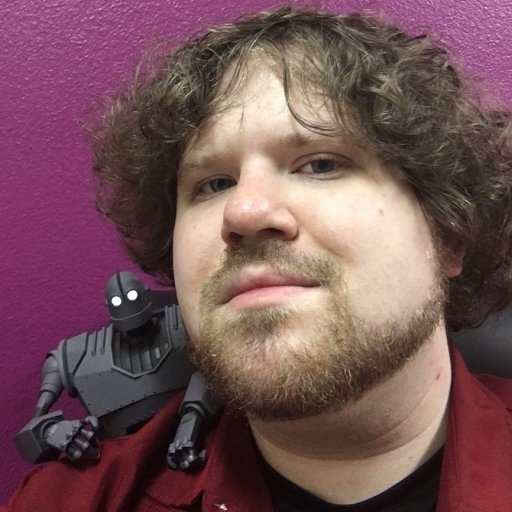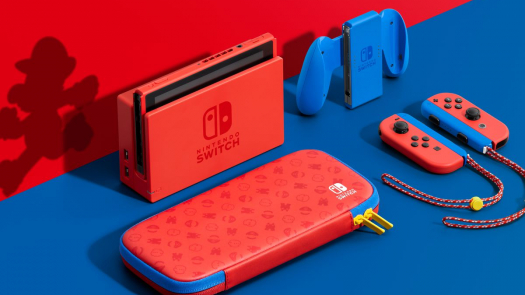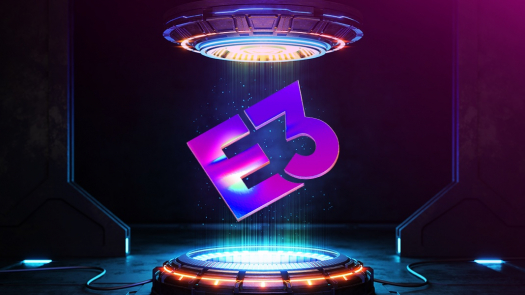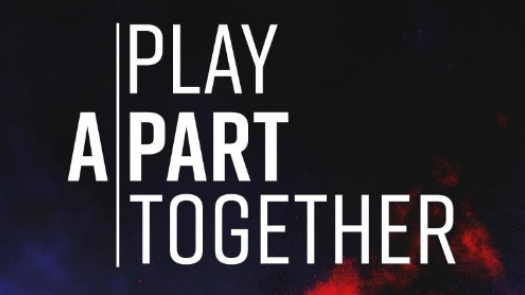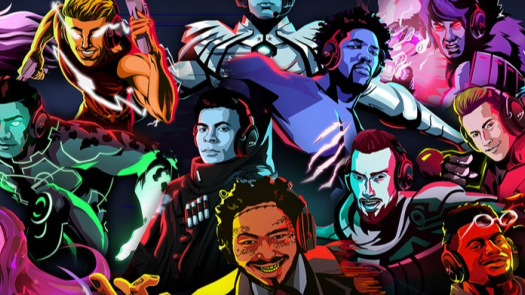Recently gaming and its long-term effect on obsessive players has been under the microscope of the World Health Organization (WHO) who have submitted a proposal to classify gaming addiction as a mental disorder, but it’s drawn the ire of some. Most notably is the Entertainment Software Association (ESA), who have responded harshly to WHO’s proposal.
It was announced at the end of 2017 in December that the official term “gaming disorder” would be included in the 11th International Classification of Diseases (ICD-11), which is the official list and coding of medical diagnosis supported and used in medical practices worldwide. Though the entry of gaming disorder has yet to be finalized in the list, the draft available classifies a gaming disorder as a mental issue “to the extent that gaming takes precedence over other life interests,” according to a report onNew Scientist. The terminology and diagnosis were created by WHO, who maintains the ICD from edition to edition with up-to-date classification and information on all diagnosable health and mental issues.

The ESA was not thrilled to hear of the classification...
It was today that the ESA responded in a press release to WHO, calling into question the validity of the term “gaming disorder” and calling it damaging to actual mental health issues and diagnoses.
“Just like avid sports fans and consumers of all forms of entertainment, gamers are passionate and dedicated with their time,” The ESA wrote. “The World Health Organization knows that common sense and objective research prove video games are not addictive. And, putting that official label on them recklessly trivializes real mental health issues like depression and social anxiety disorder, which deserve treatment and the full attention of the medical community.”
The ESA concluded its statement in “strongly encouraging” WHO to reverse its decision on the classification.
While much of the gaming community has been split on whether to agree with the ESA or WHO in this matter, it wouldn’t be the first time that the ESA has caused a rift and gotten somewhat political in matters that may affect gaming and game sales. In November 2017, the ESA issued anotherpress release which commended US Speaker of the House of Representatives Paul Ryan and other members of the Republican Party in their passing of a divisive tax reform bill backed by President Donald Trump. The ESA has taken several political and business stances throughout the year, which have been considered questionable at best by gaming communities.
Meanwhile, groups like Take This have aimed to keep the record straight.
The Take This charity, which concerns itself with mental health awareness and support in the gaming community, have put forth a more moderate take on gaming disorder,seeking to dispel myths and concern about the classification while considering what might add validity to such a diagnosis.

“There is a difference between someone who enthusiastically participates in a hobby in their free time and someone who compulsively engages in a behavior,” says the group. “A person would have to play games to the point that it negatively impacts their work life, school life, social life, or their ability to take care of themselves. On top of that, one of the proposed criteria is that one must continue to engage in gaming behaviors despite the negative consequences in one’s life.”
Certainly mental health weighs heavy on the minds of professionals in gaming as well. In a field where esports players are expected to practice around the clock and treat single games as part of their daily lives, it’s not out of the question to see gaming take a mental effect on players. We’ve seen mental breakdowns waiting to happen in the cases of AHQ Korea's League of Legends player Cheon "Promise" Min-ki in 2013 and in Team Liquid Smash Bros. playerJuan "Hungrybox" Debiedma in 2016. The pro scene is rigorous and the need for teams to succeed can prove less than healthy to their well-being at times.

It’s worth noting that the gaming disorder classification is far from concrete and finalized as of yet. It remains to be seen what will come of the proposed classification. One can only hope that the final outcome is an ending that favors actual health and mental consideration over politics and outside influence.



